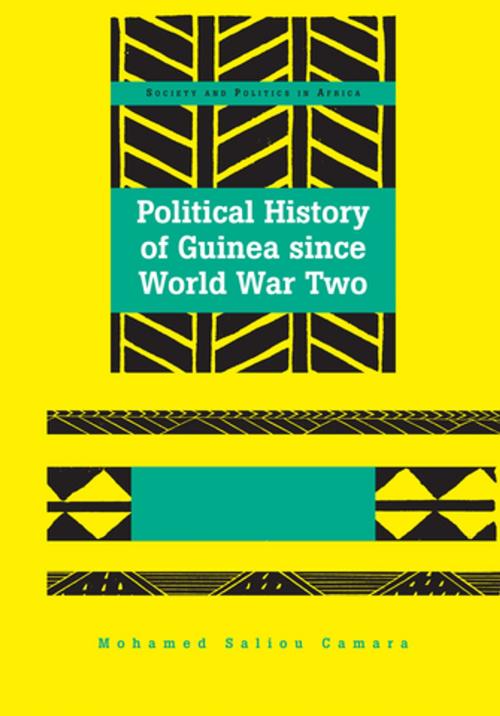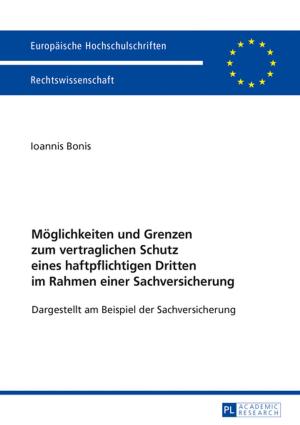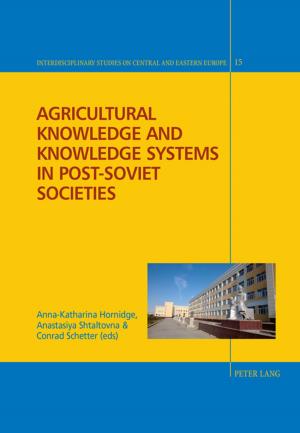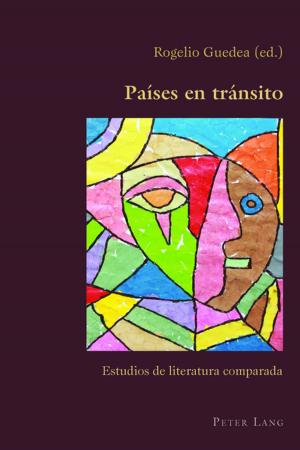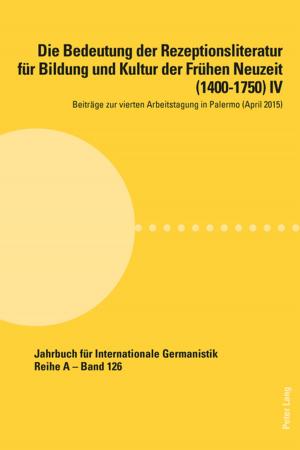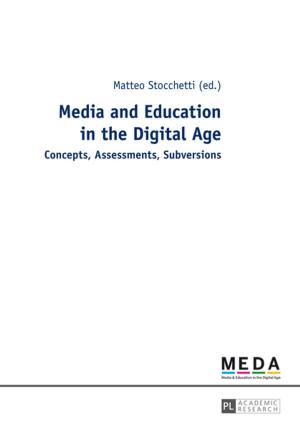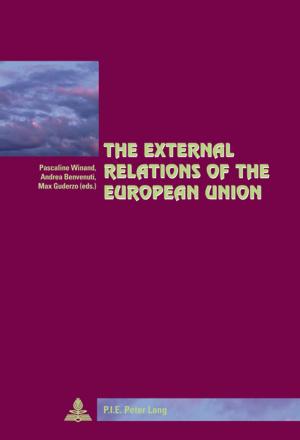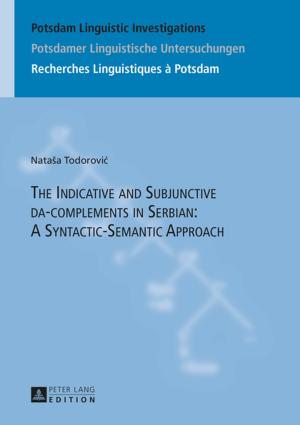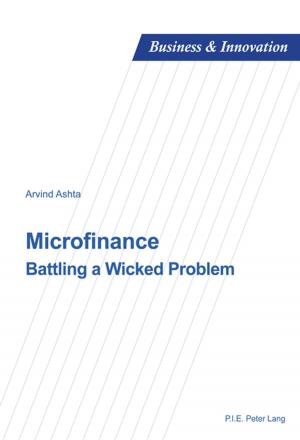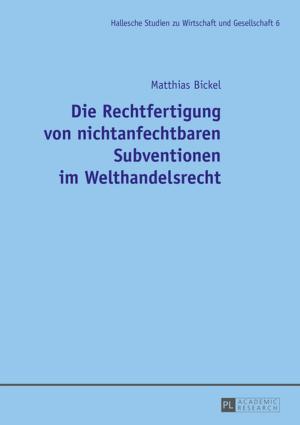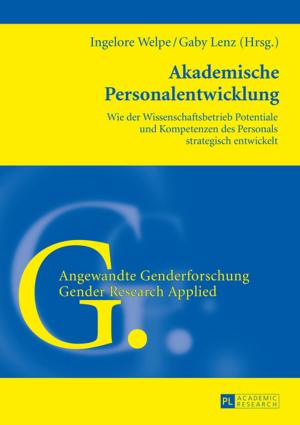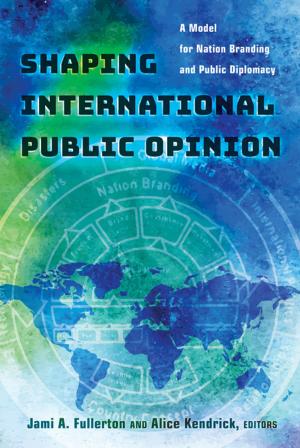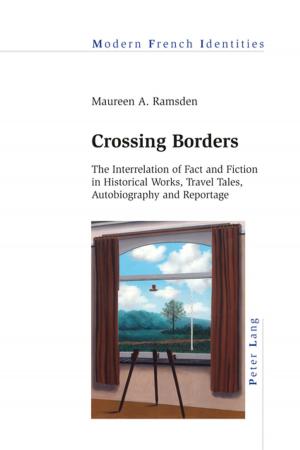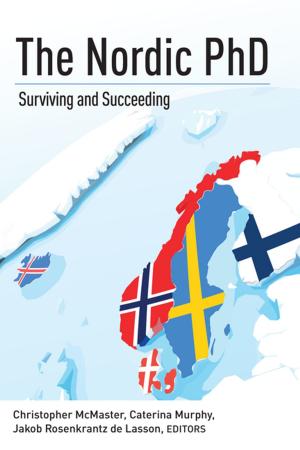| Author: | Mohamed Saliou Camara | ISBN: | 9781454199007 |
| Publisher: | Peter Lang | Publication: | February 5, 2014 |
| Imprint: | Peter Lang Inc., International Academic Publishers | Language: | English |
| Author: | Mohamed Saliou Camara |
| ISBN: | 9781454199007 |
| Publisher: | Peter Lang |
| Publication: | February 5, 2014 |
| Imprint: | Peter Lang Inc., International Academic Publishers |
| Language: | English |
Political History of Guinea since World War Two provides an in-depth study of the political evolution of Guinea from World War Two to the present. Based on primary-source information, it examines with rare depth and breadth the eventful history of this nation-state, whose trajectory has impacted in no small ways Francophone Africa and the rest of the continent. Interviews with some of the most knowledgeable and most credible actors and/or witnesses of Guinea’s political history and archival research, including the papers of key individuals never opened to the public before, constitute the foundation of this work. The author’s personal and professional experience further strengthens the work. As a native Guinean, a historian, and a journalist imbued with the political ideology of the PDG regime, the author was also a close and alert witness of the political transformation of this country. Hence, the book offers an incisive analysis of domestic politics and policy making under the five successive regimes that have governed Guinea since independence in 1958. It also offers an equally incisive analysis of the country’s foreign relations within international frameworks such as the Organization of African Unity, the United Nations, the Nonalignment Movement, the Economic Community of West African States, the Mano River Union, the Organization of the Islamic Conference, and so on. This ground-breaking work is perfectly suited for courses in areas such as history, political science, African studies, decolonization studies, Third World studies, and nationalism studies.
Political History of Guinea since World War Two provides an in-depth study of the political evolution of Guinea from World War Two to the present. Based on primary-source information, it examines with rare depth and breadth the eventful history of this nation-state, whose trajectory has impacted in no small ways Francophone Africa and the rest of the continent. Interviews with some of the most knowledgeable and most credible actors and/or witnesses of Guinea’s political history and archival research, including the papers of key individuals never opened to the public before, constitute the foundation of this work. The author’s personal and professional experience further strengthens the work. As a native Guinean, a historian, and a journalist imbued with the political ideology of the PDG regime, the author was also a close and alert witness of the political transformation of this country. Hence, the book offers an incisive analysis of domestic politics and policy making under the five successive regimes that have governed Guinea since independence in 1958. It also offers an equally incisive analysis of the country’s foreign relations within international frameworks such as the Organization of African Unity, the United Nations, the Nonalignment Movement, the Economic Community of West African States, the Mano River Union, the Organization of the Islamic Conference, and so on. This ground-breaking work is perfectly suited for courses in areas such as history, political science, African studies, decolonization studies, Third World studies, and nationalism studies.
